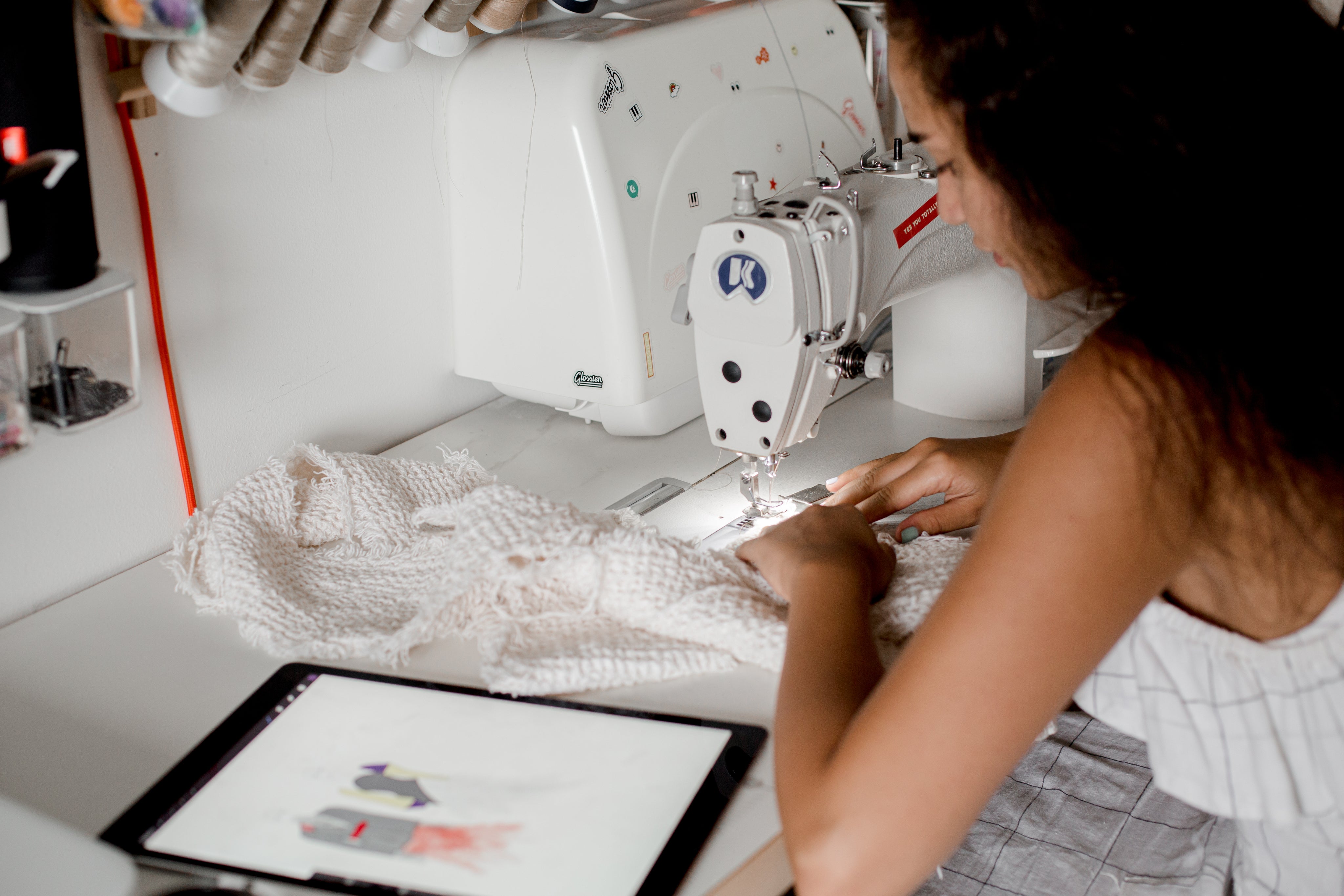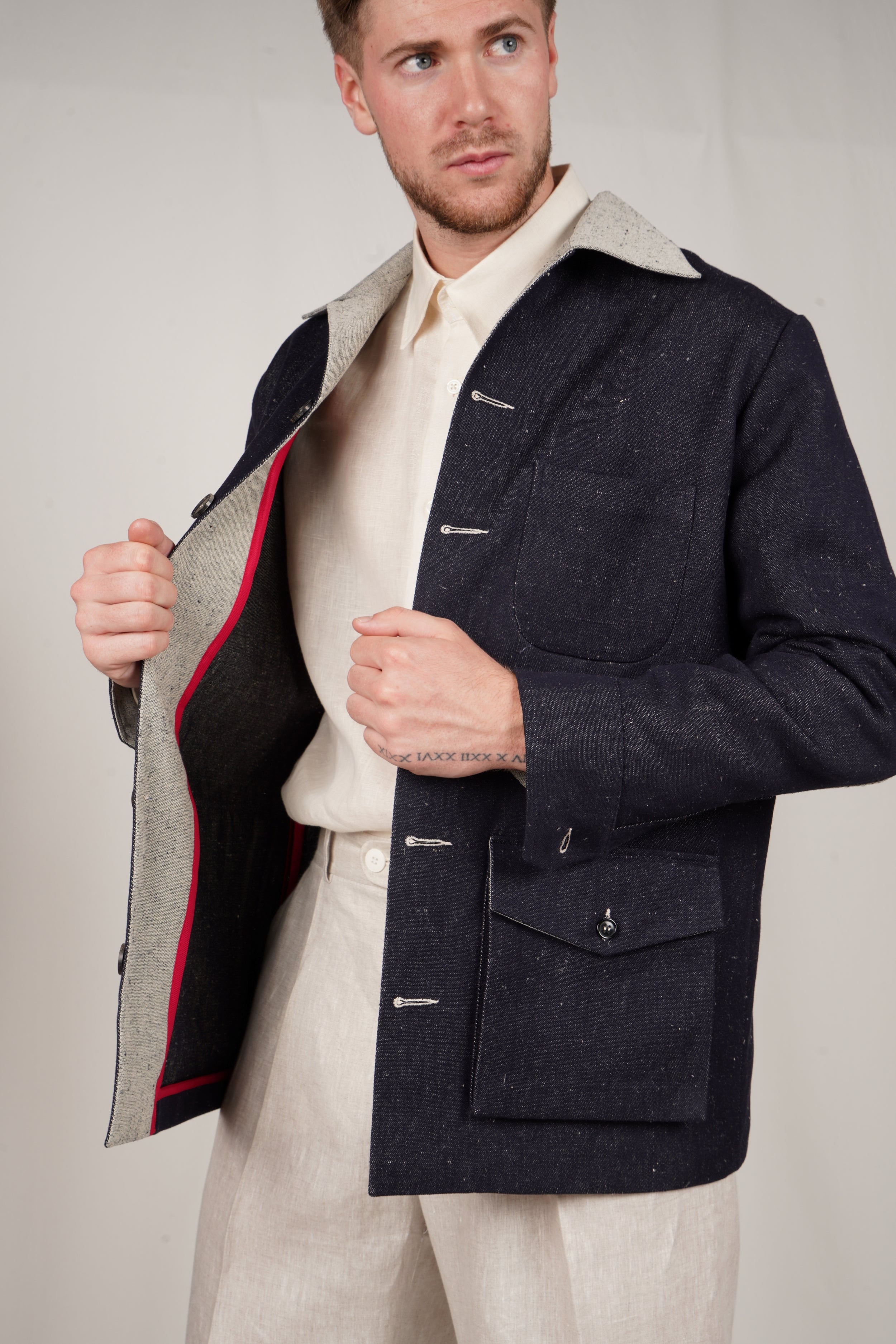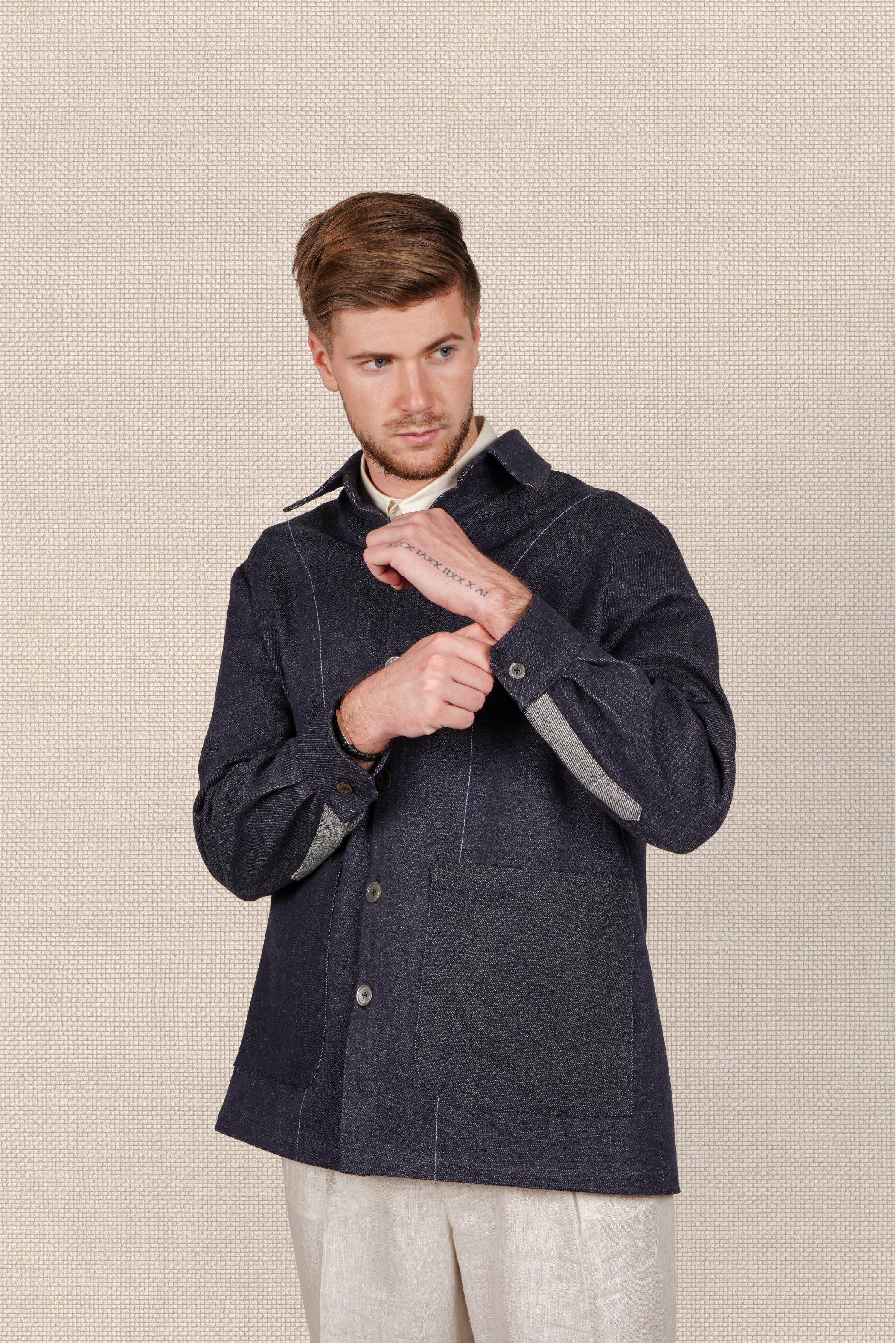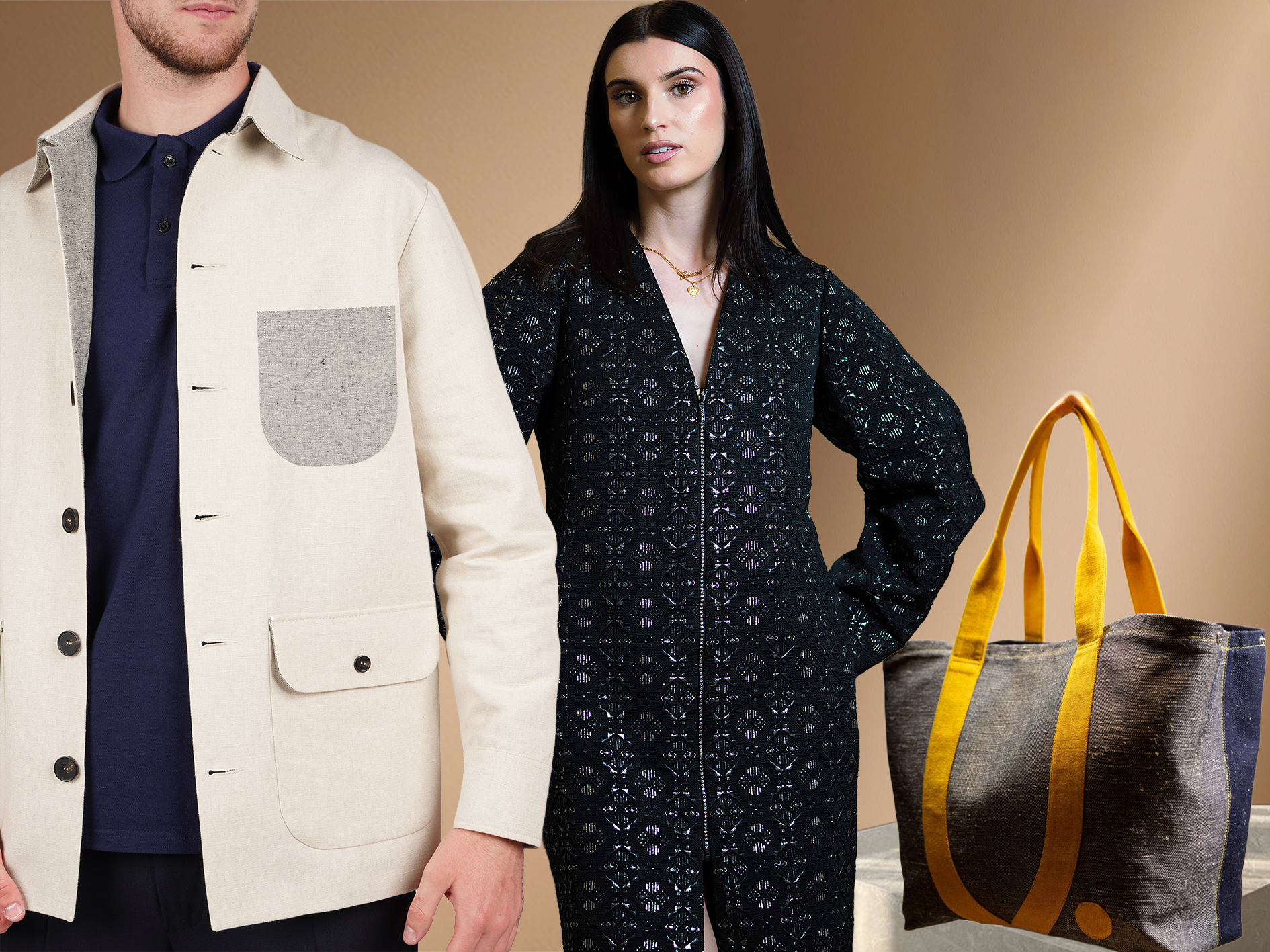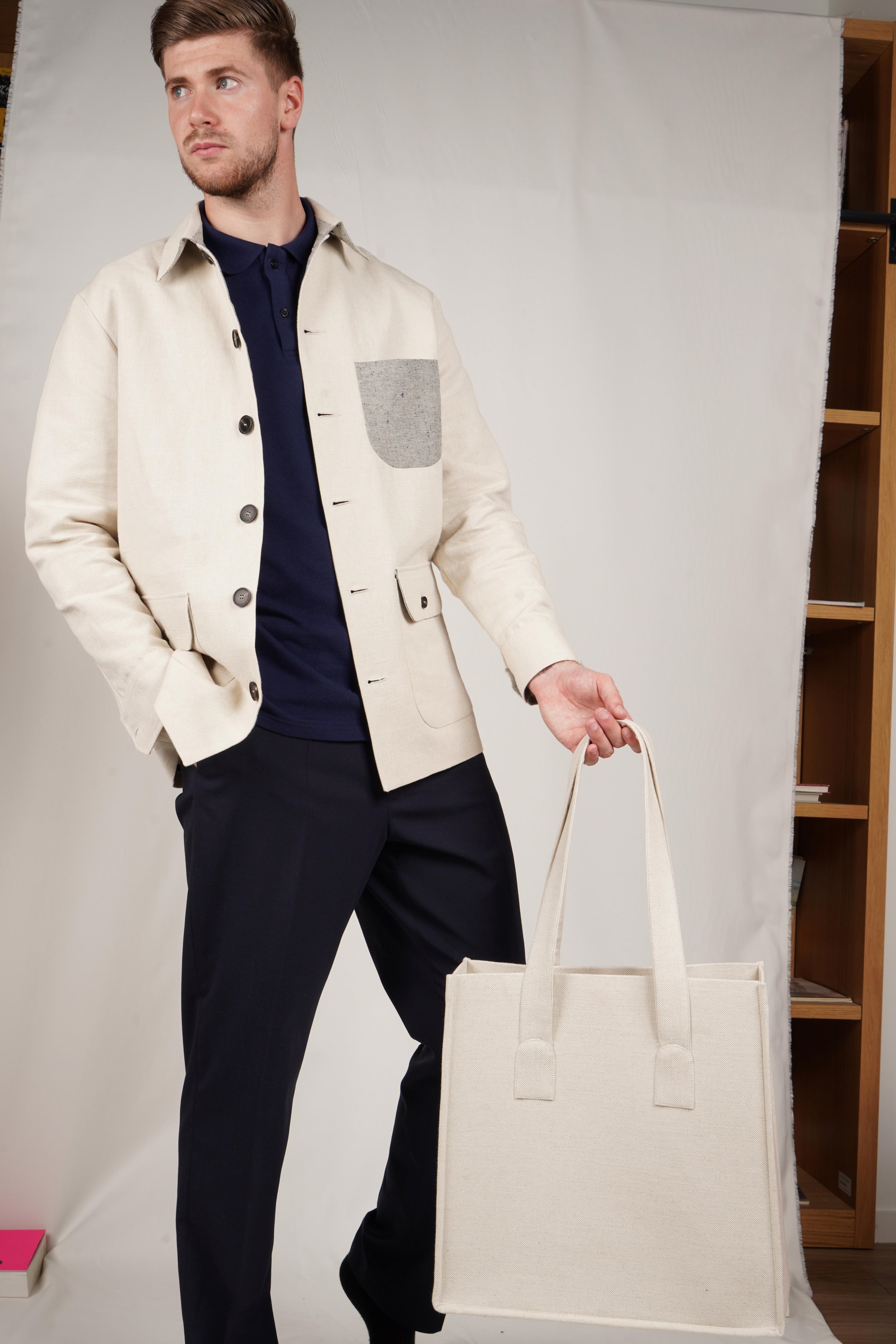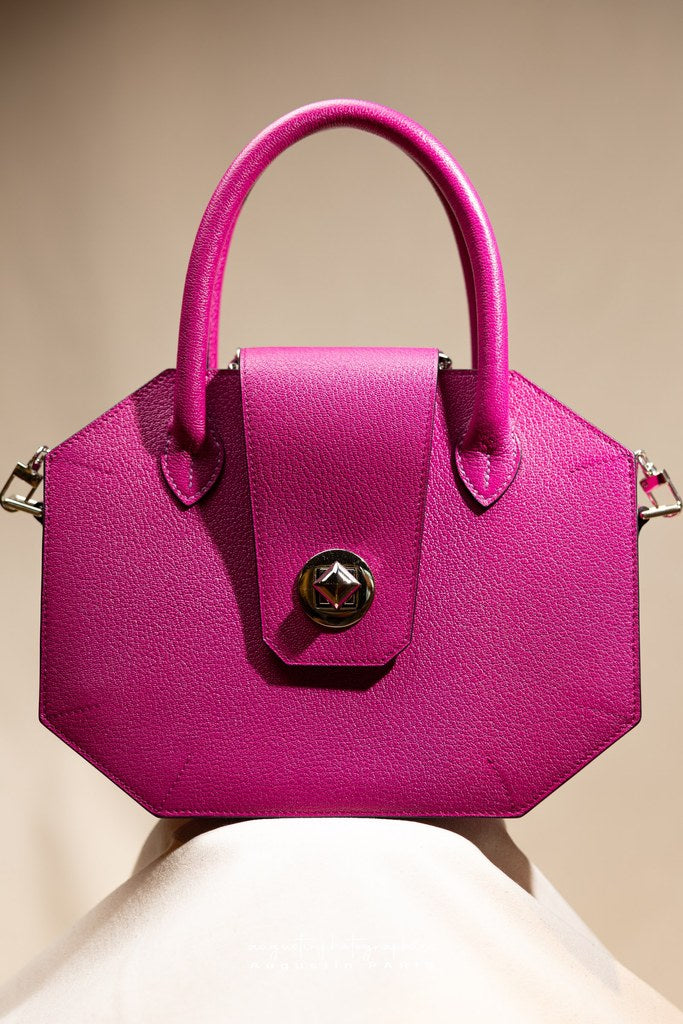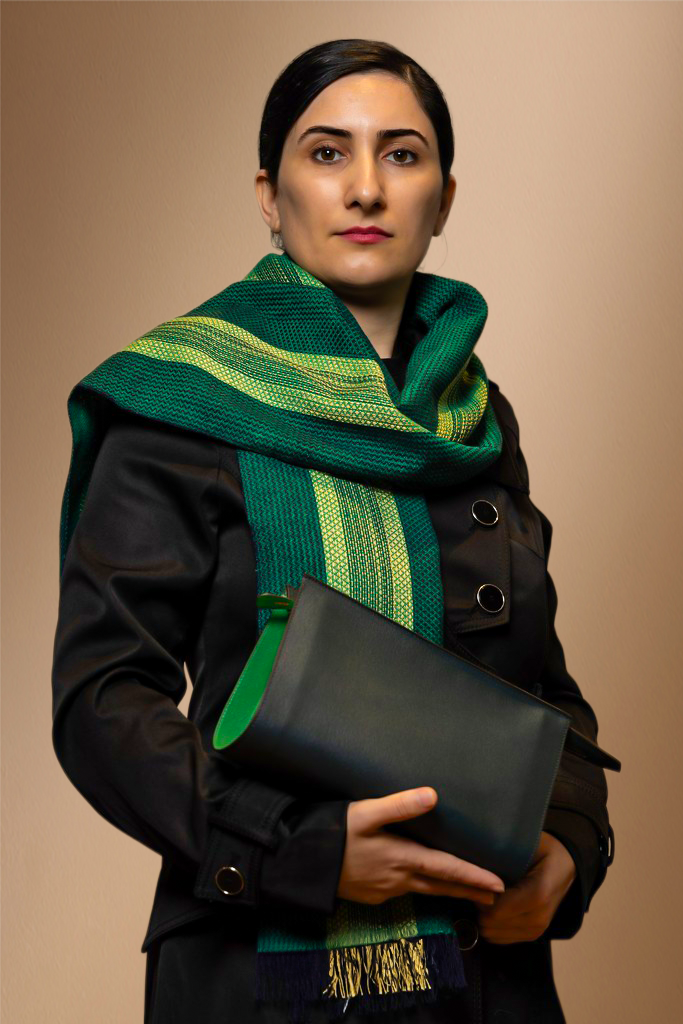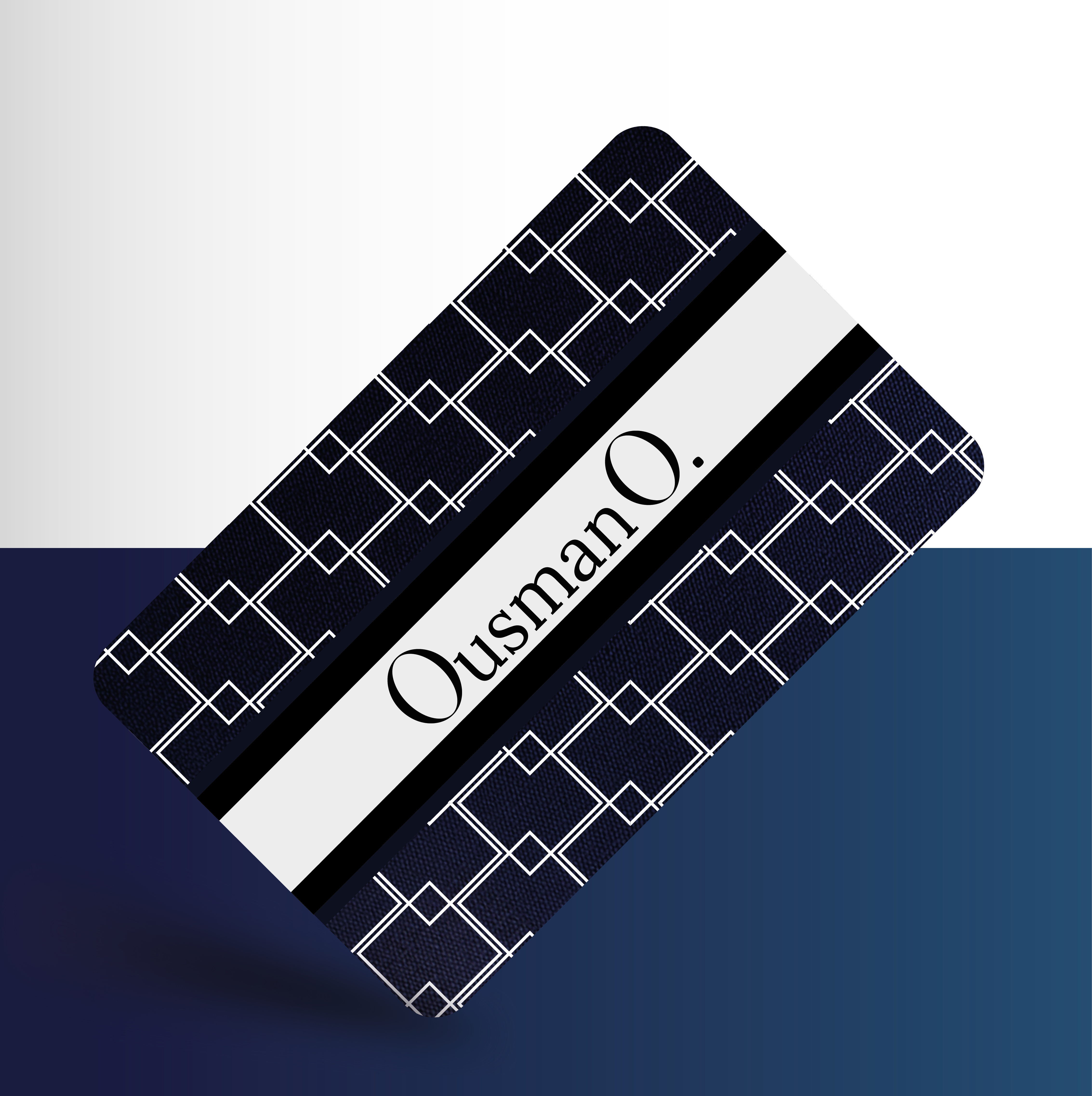Our commitments
At Ousman O, our commitments are not a trend.
This is our way of doing fashion.
Clear, aware, committed.
⸱ A responsible fashion
We only produce what you order.
At Ousman O, we made a clear choice - no stock, no surplus, no waste.
Each piece you order is made especially for you, in our workshops in France.
It takes a little longer, but for us it's a responsible way of doing fashion.
- Why is this important?
Because today, a large portion of the clothing manufactured in the industry is never worn. It ends up burned, destroyed, or sold at a loss. By producing on demand, we avoid this absurd cycle.
- What does this change for you?
You're receiving a piece that wasn't mass-produced. It was designed, cut, and sewn for you. It's not just a garment, it's a choice.
- What if you change your mind?
We're here to help. This model requires more dialogue and more clarity, but it also makes each order more human and more fair.
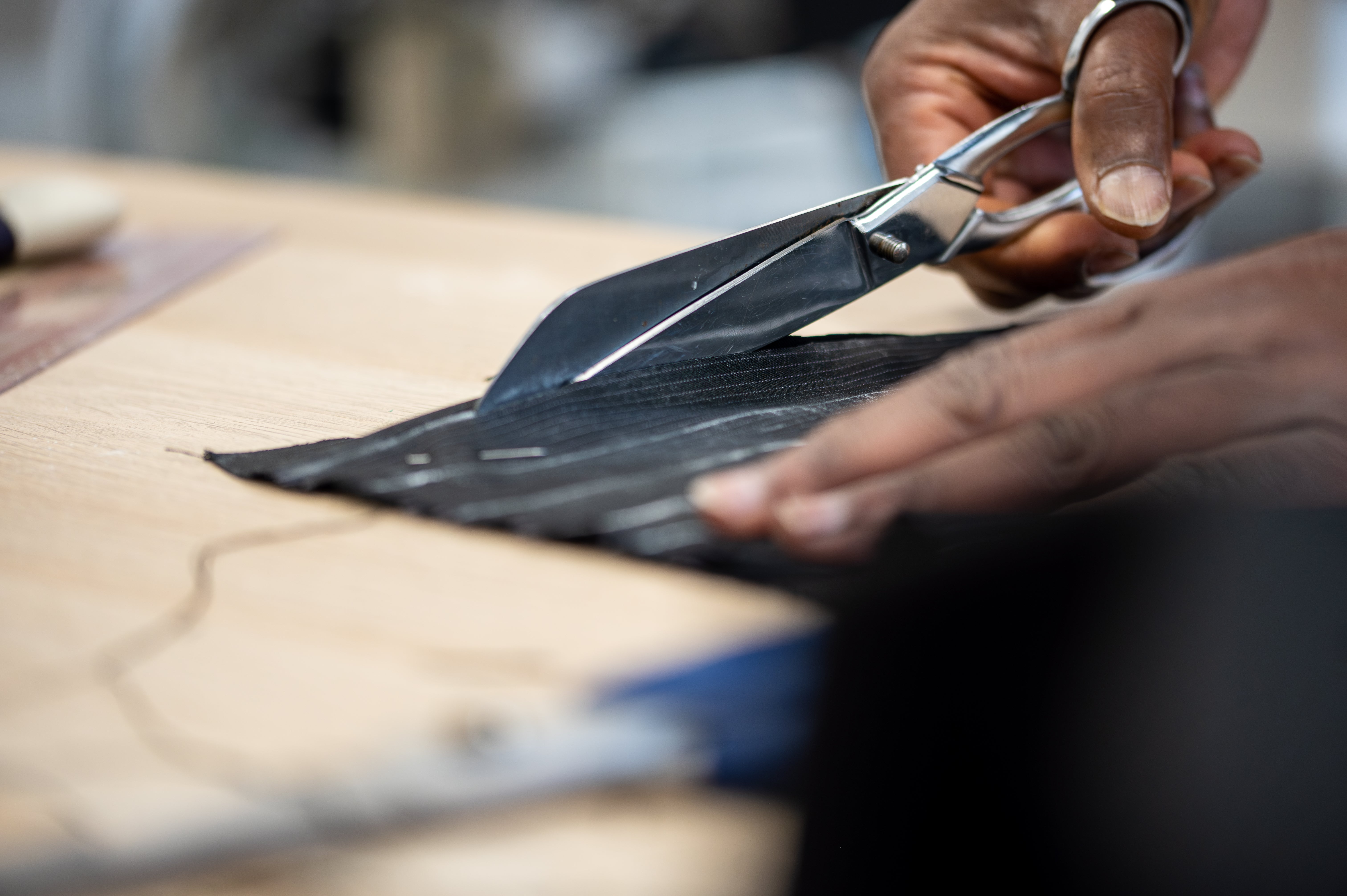
⸱ A local fashion
Our pieces are made in France
We chose to produce here because this is where our ideas come to life.
Working in France isn't just a matter of proximity. It's a commitment to decent working conditions, fair pay, and, above all, the preservation of textile expertise that is rapidly disappearing.
- Why is this important?
Because behind every garment, there are hands, hours, and precision. Producing in France means valuing this invisible work and respecting people and their actions.
- What does this guarantee?
Complete traceability, a commitment to quality, and a genuine relationship with our workshops. No vague middlemen, no vague promises: we know where, how, and by whom each piece is made.
- And it costs more?
Yes, sometimes. But that's the price of fair fashion. Fashion that makes sense, for those who want to consume less, but better.
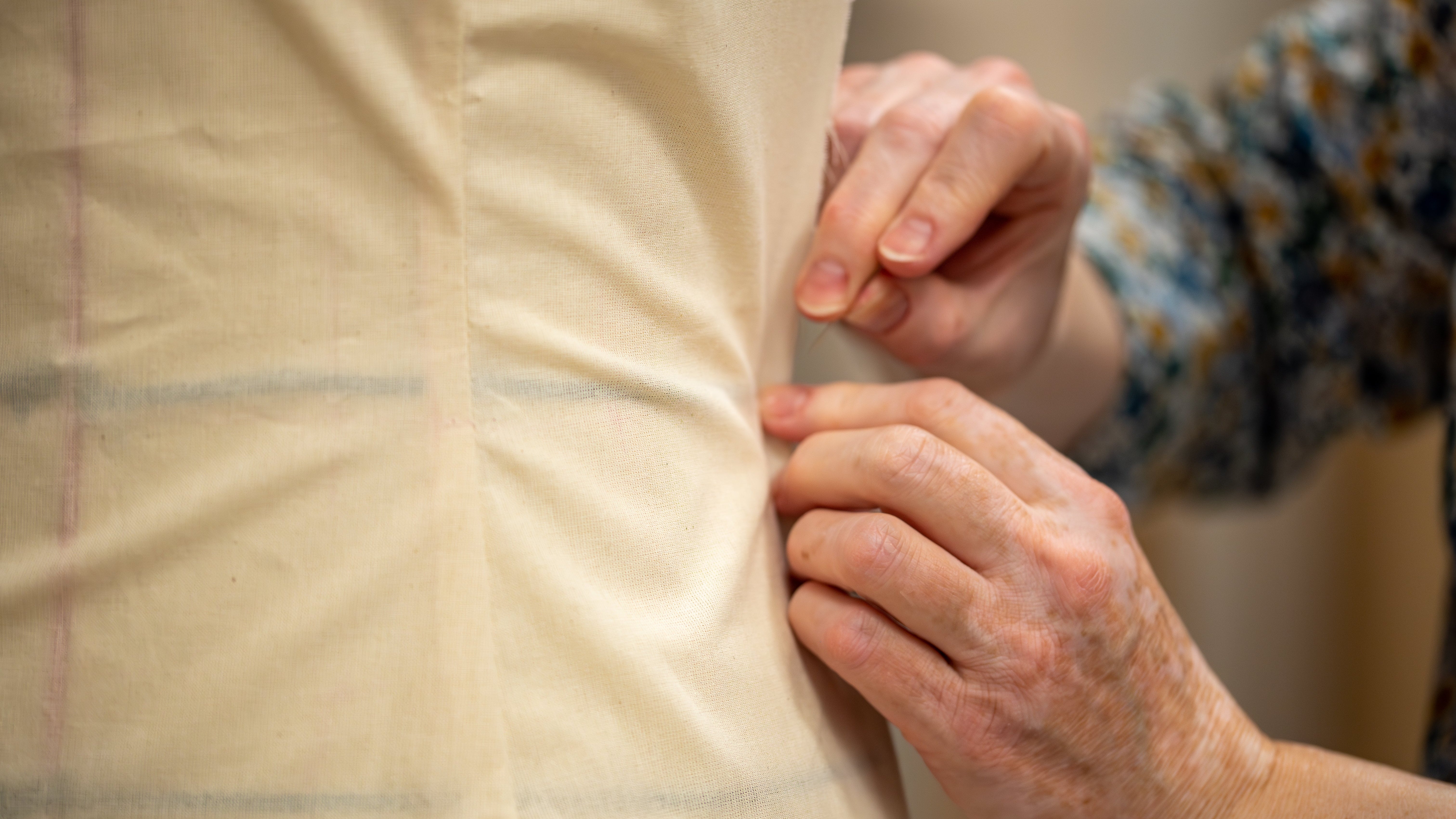
⸱ A fashion that lasts
Our materials are chosen to last and respect the planet
We're not talking about marketing ecology. We're talking about common sense and beautiful materials.
Every fabric we use is selected for its quality, traceability, and limited environmental impact. Local linen, organic cotton, hemp made from recycled fibers... We don't chase labels, but consistency.
- Why is this important?
Because a beautiful garment begins with a beautiful material. And because responsible design is impossible without thinking about what comes into contact with our skin, our bodies, and the world.
- What does it allow?
Clothing that lasts, that washes without damage, that is neither disposable nor interchangeable. We prioritize simplicity, robustness, and comfort.
- What if the material is recycled?
We're telling you. Transparency is also about this: telling you where the fabric comes from and why we chose it. You're not buying a green illusion; you're making a real commitment.
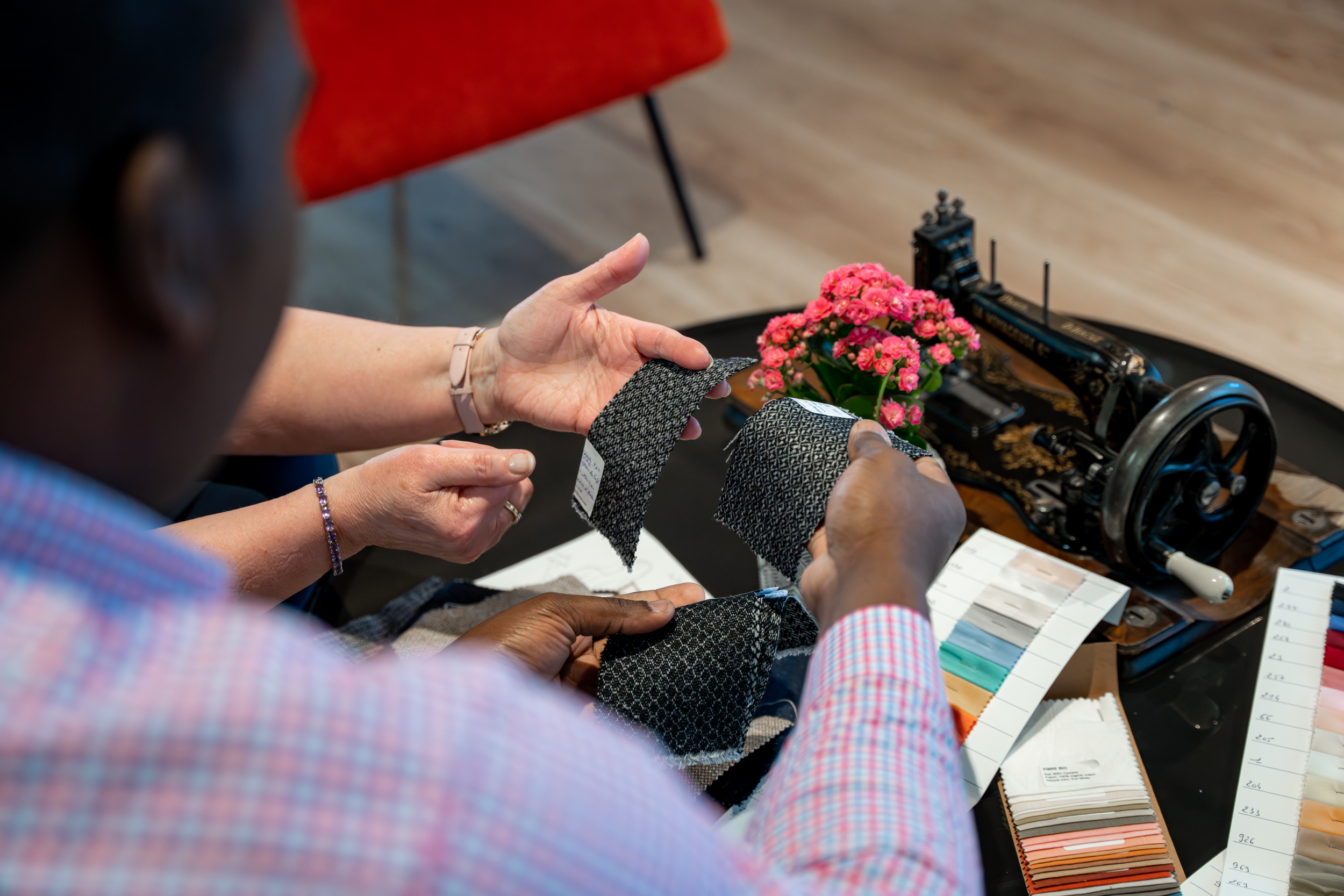
⸱ A fashion that circulates
We give a second life to your Ousman O clothes.
Upcycling for us is a complete cycle, which starts with you.
When an Ousman O garment no longer fits you, no longer speaks to you, or becomes damaged, it doesn't end up in the trash. We offer two options: either we repair it for you, or you give it to us as a donation, and we transform it into a new creation, sold at a reduced price on our website.
- Why is this important?
Because a garment that lives, is passed down, or is transformed, does not pollute. And because we believe that a garment has several possible lives. It can still be useful, inspire, and evolve.
- What does it allow?
A circular, concrete approach. You're an agent of change. Plus, if you choose to donate, we'll give you 20% off your next item. A sincere thank you for this responsible gesture.
- And then?
Pieces created from donations are sold at affordable prices, allowing others to wear an Ousman O creation without compromise. Each upcycled piece tells the story of a fashion that circulates, reinvents itself, and is shared.
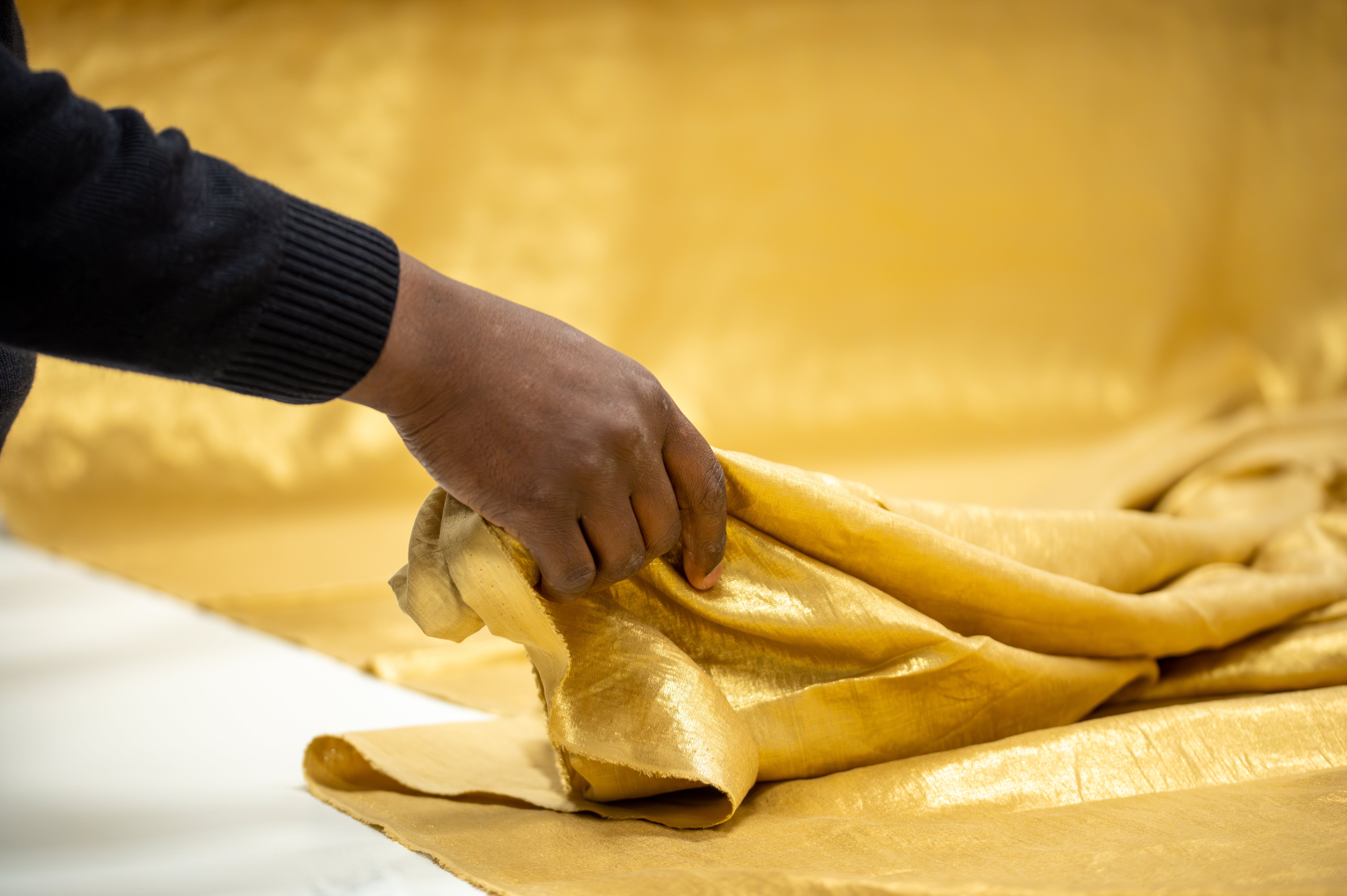
⸱ A fashion that (re)values
We support the textile know-how of today and tomorrow
At Ousman O, we don't just create. We're also committed to those who bring clothing to life.
Through the Textiles du Monde association, which works to revalue manual trades, we support people who are often far from employment, by offering them training, real inclusion in the textile industry, and fair remuneration for their work.
- Why is this important?
Because artisanal skills are in danger. And they deserve better than being forgotten or outsourced at low cost. Every hand trained, every talent supported, is a human and cultural asset that endures.
- What does that change?
A portion of your purchases allows Textiles du Monde to develop its actions: transmission of skills, professional integration, skills development, recognition of shadow professions.
- And you in all this?
You're not just buying a piece of clothing; you're helping to restore value to an entire ecosystem. You're supporting a fashion that leaves no one behind. And that's anything but a sideshow.
